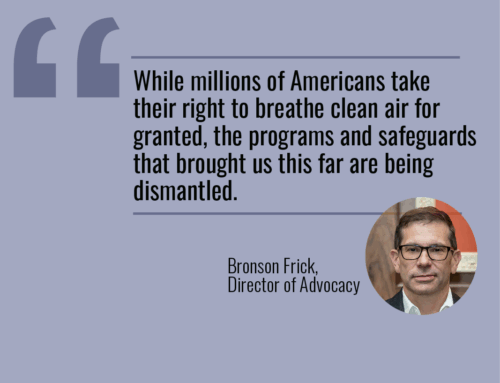There are a multitude of crippling, expensive diseases other than cancer, cardiovascular and/or pulmonary diseases that severely afflict those who work in smoke-filled environments. Recent research published in the November 14, 2023, issue of the Journal of Occupational Medicine and Toxicology affirmed the link between secondhand smoke exposure in the workplace and Chronic Kidney Disease (CKD). The study, “Risky working conditions and chronic kidney disease,” by Lan et al., found that combinations of factors (e.g., shift work and secondhand smoke exposure) greatly increased the risk for CKD.1 “Adverse working conditions such as heavy workloads, shift work, and occupational secondhand cigarette smoke exposure independently increased the risk of CKD, respectively. Occupational secondhand cigarette smoke exposure has been consistently associated with an increased risk of CKD.2 These findings emphasize the need to avoid the harm of secondhand smoke in workplaces and public places.
Previous research from the University of Kentucky reported that the greater the exposure to smoking and secondhand smoke, the greater the risk for developing diabetes, noting that both active and passive smoking are associated with the body not efficiently using glucose (or blood sugar) in young adulthood.3
According to the American Kidney Fund, kidney disease kills more Black Americans, Latinos, and Native Americans:
- African Americans are more at risk for kidney failure than any other race. More than 1 in 3 kidney failure patients living in the United States are African American.
- Diabetes is the number one cause of kidney failure. It causes nearly half of all cases of kidney failure in the United States.
- High blood pressure is the number two cause of kidney failure. It causes about 1 out of 4 cases (25%) in the United States.
Too often, these same demographic populations work in jobs that permit smoking, such as bars and casinos.
Therefore, it is imperative to consider comorbidities for the demographic of the population still exposed to secondhand smoke. Kidney disease and diabetes are extremely expensive and complicated to treat, but smokefree environments are one important way employers can reduce risk factors and help keep employees and their businesses healthy.
Citations:
- Lan, R.; Qin, Y.; Chen, X.; Hu, J.; Luo, W.; Shen, Y.; Li, X.; Mao, L.; Ye, H.; Wang, Z., “Risky working conditions and chronic kidney disease,” Journal of Occupational Medicine and Toxicology 18(1): 26, November 14, 2023.
- Lan, R.; Li, X.; Chen, X.; Hu, J.; Luo, W.; Lv, L.; Shen, Y.; Qin, Y.; Mao, L.; Ye, H.; Li, Q.; and Wang, Z. “Secondhand smoke, genetic susceptibility, and incident chronic kidney disease in never smokers: A prospective study of a selected population from the UK Biobank.” Tob Induc Dis. 2023; 21: 58. Published online 2023 May 10.
- Houston TK, Person SD, Pletcher MJ, Liu K, Iribarren C, Kiefe CI. “Active and passive smoking and the development of glucose intolerance among young adults in a prospective cohort: CARDIA study.” BMJ. 2006;332:1064-1069.






